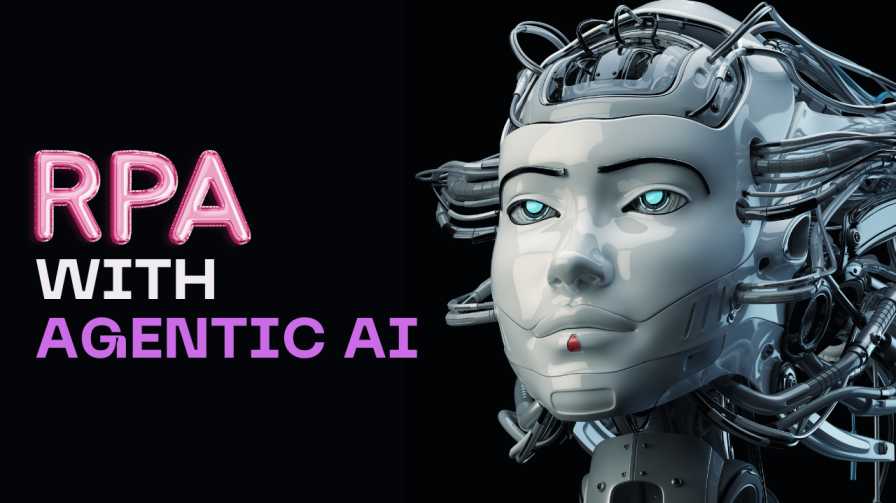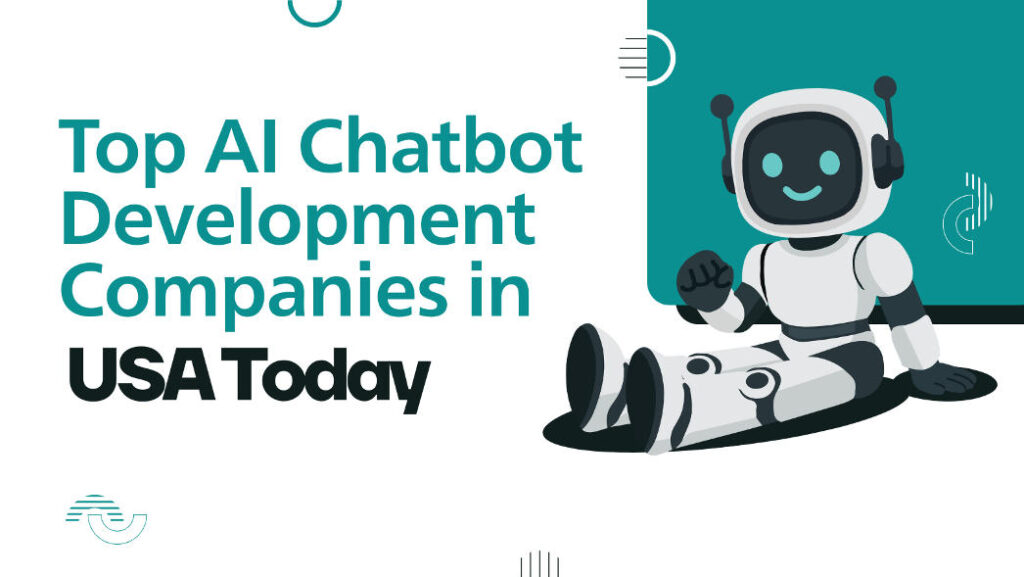As robotic process automation (RPA) has automated rule-based, repetitive jobs, businesses worldwide have changed. Widespread use has been driven across industries including banking, health, and production by the rising need for cost-effectiveness and efficiency. At first, RPA was meant for structured jobs such as data entry, invoice handling, and workflow automation. Its functionalities have grown via artificial intelligence integration over time, thereby making operations more flexible and intelligent.
How Is Agentic AI Different from Conventional Artificial Intelligence?
Agentic artificial intelligence represents AI systems that can make independent decisions without human input. Agentic AI uses machine learning and ongoing feedback to learn from and respond on the ground, unlike conventional AI based on preset rules. This development signals a major advance in AI-driven automation, which enables companies to run autonomous intelligent agents.
Pioneers of Agentic AI systems including OpenAI and Salesforce demonstrate their capacity to simplify customer interactions, automate workflows, and improve business intelligence. This change is paving the path for a future in which AI automation runs with little human direction.
How Does Agentic AI Improve RPA?
Agentic AI integrated into RPA systems has opened up fresh opportunities for intelligent automation. Based on structured data, traditional RPA depended on human help for exceptions. Artificial intelligence-driven RPA can now handle unorganized data, learn from patterns, and make sophisticated decisions.
Advantages of AI-based RPA:
- Higher Efficiency: Deloitte research shows that AI RPA cuts down on manual labor by 80%.
- Better Accuracy: By automating decision-making operations, human errors are reduced and data precision is therefore 90% increased.
- Scalability: AI-powered RPA bots can manage larger work without corresponding human participation.
AI-powered intelligent document processing (IDP) allows for automatic data extraction from invoices, contracts, and forms, hence cutting processing time by as much as 60%.
What Are The Challenges Of Applying Agentic AI in RPA?
The use of Agentic AI in RPA presents obstacles despite its advantages:
1. Issues about Data Security
Automated RPA solutions using AI handle huge amounts of sensitive information. In an IBM research conducted in 2023, the normal data breach cost was $4.45 million. Thorough cybersecurity helps mitigate risks attached to AI-powered RPA.
2. workforce modifications
As automation grows, businesses would have to re-skill employees to work with AI-driven bot. A PwC research finds that artificial intelligence incorporation will require upskilling of 40% of all jobs by 2030.
3. Ethical and Legal considerations
Systems for AI automation regulation constantly evolve. The implementation of RPA solutions integrated with AI allows businesses to comply with regulations like GDPR and HIPAA.
How is RPA in Banking helping manage finances?
Because of its capacity to simplify operations and cut costs, the banking industry has been an early user of RPA.
Common financial application of Agentic AI:
- Fraud Detection: Automating using artificial intelligence finds transaction anomalies that cut fraud exposure by 25%.
- Automated document handling: Speeds up loan approval and lowers processing time by 50%.
- Customer inquiries: Customers are handled by artificial intelligence chatbots, resulting in lowering costs and improving reaction times.
Will document processing improve with the use of RPA and artificial intelligence?
IDP employs artificial intelligence to retrieve and analyze knowledge from messy files. RPA increases efficiency by enabling hard, document-driven activities to be automatically done.
Intelligent Document Processing Benefits:
- Quick processing: time used is up to 70% lower than what manual document handling would need.
- More precise: AI-driven OCR (Optical Character Recognition) raises accuracy of data extraction above 95%.
- Scalability: Free of human involvement, AI automation can handle large volumes of documents.
Industries including legal, financial, and healthcare are using IDP to streamline operations and increase compliance.
How is AI workflow automation changing corporate processes?
AI workflow automation enhances traditional RPA since it enables flexible decision-making and adaptability. Artificial intelligence workflows automation uses live data to better procedures, unlike rule-based automation.
Applications of AI Workflow Automation:
- Health: With technology in healthcare, automating diagnostic assistance and patient data management
- Retail: Demand forecast and inventory management run on artificial intelligent software.
- Supply Chain: Flawless route planning and logistics help to reduce cost.
Companies better react fast and adjust to market shifts when artificial intelligence is combined with workflow automation.
What is the future of RPA and AI process automation?
The future of automation rests on the combination of RPA and artificial intelligence. By 2025, Gartner projects that over 90% of companies will have artificial intelligence-powered automation systems in place.
- Growing Forces: Hyperautomation is the output of full end-to-end automatic systems using a mix of RPA, artificial intelligence, and machine learning.
- Intelligent Decision Making: RPA bots independently decide on business-critical issues run on artificial intelligence.
- Scalability: Using cloud services to increase automation features.
Why Should Companies Hire dedicated RPA developers for AI integration?
Businesses will find it simpler to negotiate the adoption of artificial intelligence-powered automation in their company by hiring RPA developers. Experienced professionals who smoothly merge RPA and AI technologies enable optimization of corporate processes.
Advantages of employing RPA developers:
- Customize: Modify automation systems to fit specific corporate needs.
- Scalability: Ensuring simple installation of AI-powered automatic systems.
- Security: Protect sensitive information by means of strict security measures.
To maximize the automation advantages of AI-driven RPA, businesses should hire dedicated RPA developers.
Intelligent Process Automation: What Are The Future Trends?
Next in line for digital transformation is intelligent process automation (IPA). By means of sophisticated analytics, artificial intelligence, and RPA, IPA enhances corporate efficiency and decision-making ability.
Future Expectations for IPA:
- The market for IPA should reach $30.6 billion by 2028 according to a MarketsandMarkets research.
- By 2025, AI-powered automation will handle more than 50% of back-office chores.
- Businesses using IPA will experience a 25% increase in productivity.
Artificial intelligence and RPA are emerging so businesses using these technologies will be ahead in the digital sphere.
Conclusion: Is the future of automation AI-driven?
Agentic AI’s growth is changing RPA to make it more intelligent, self-sufficient, and flexible. Although there are issues like workforce adjustment and data security, the upsides compensates the downside. Industries worldwide are being transformed by AI RPA. From banking to document processing and workflow automation every industry is going through drastic change.
Investing in AI-driven RPA solutions and hiring experienced RPA developers is critical for companies negotiating this change since they will help to fully utilize automation. RPA’s future is certainly AI-driven, but is your company equipped to embrace the change?
FAQ’s
What helps Agentic AI stronger?
In what sectors does AI-powered RPA help?
When incorporating AI-RPA, what would be the most challenging aspect?
Does artificial intelligence take over human positions?




